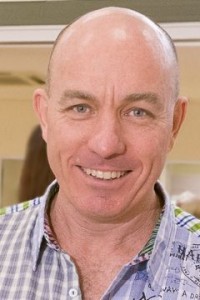 Here is the Forward of a book written by Perth Clinical Psychologist Bill Saunders, What Happened? What Mental Health is Really About. This is a really important book, essential reading for anyone interested in mental health or psychological wellbeing. I agree with all of Bill’s statements below about mental health.
Here is the Forward of a book written by Perth Clinical Psychologist Bill Saunders, What Happened? What Mental Health is Really About. This is a really important book, essential reading for anyone interested in mental health or psychological wellbeing. I agree with all of Bill’s statements below about mental health.
‘On most mornings when writing this book I’d get up at first light and go for a ‘clear the head run.’ Running is a great way to think; especially about writing. I’d begin the run ‘thinking’ about how to address an issue and then somewhere in the run I would start ‘having thoughts’ that brought clarity.
One day, wending my way back to the beachside house that I was using as a writer’s retreat, I saw the following statement written on a blackboard that normally advertised the local golf club’s menu specials.
“The standard you walk past is the standard you accept.”
I guiltily knew that the message applied to me. I knew that for many years, I had kept quiet about troubling things. I knew that I had, for a couple of decades at least, had a growing disquiet about how we manage mental health. But, I had remained silent. I went back that morning and I wrote with increased vigour. I toughened the book up.








